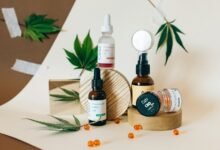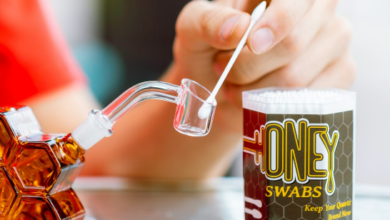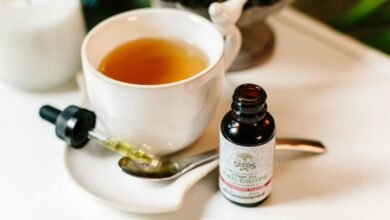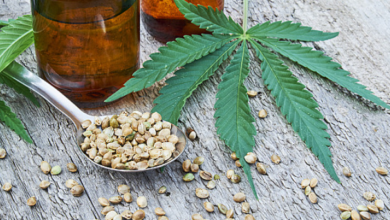Can You Buy Cbd Under 21

The purchasing of CBD products by individuals under 21 is a complex issue influenced by state laws. Many states impose age restrictions, requiring buyers to be at least 21 years old. Conversely, a few states allow sales to those as young as 18. Understanding these regulations is crucial for young consumers, as legal consequences can arise from non-compliance. This raises important questions about the implications of age restrictions and the evolving landscape of the CBD market.
Understanding CBD and Its Legal Status
Although the popularity of cannabidiol (CBD) has surged in recent years, understanding its legal status can be complex.
Many CBD misconceptions persist, leading to confusion about its legality. The legal implications of CBD usage vary by state and depend on its source, such as hemp or marijuana.
Consumers must stay informed to navigate these nuances and make responsible choices regarding CBD products.
Age Restrictions by State
Understanding the legal nuances surrounding CBD also includes recognizing age restrictions, which can vary significantly from state to state.
Many states impose regulations that require individuals to be 21 or older to purchase CBD products, while others allow sales to those 18 and older.
Violating these state regulations can lead to legal consequences, affecting both consumers and retailers in the rapidly evolving CBD market.
Types of CBD Products Available
The variety of CBD products available on the market caters to diverse consumer preferences and needs.
Among the most popular options are CBD oils, which offer versatile usage methods, and CBD edibles, such as gummies and chocolates, providing a flavorful way to consume CBD.
Each product type serves unique purposes, allowing individuals to select what aligns best with their lifestyle and wellness goals.
Tips for Purchasing CBD Safely and Legally
How can consumers ensure they are purchasing CBD products safely and legally? They should prioritize brands that comply with safety regulations and provide transparent product labeling.
Verifying third-party lab test results can confirm the CBD content and absence of harmful substances.
Additionally, consumers should research local laws to ensure compliance, as regulations may vary widely across different states and regions.
Conclusion
In conclusion, consumers considering CBD must carefully navigate the complex landscape of age restrictions and regulations. By staying savvy about state-specific laws and selecting legitimate sources, young buyers can safely secure their CBD products. Adherence to age regulations not only promotes responsible purchasing but also protects consumers from potential legal pitfalls. Ultimately, informed involvement in the CBD market fosters a fair and flourishing environment for all stakeholders, ensuring safety and satisfaction in their selections.






